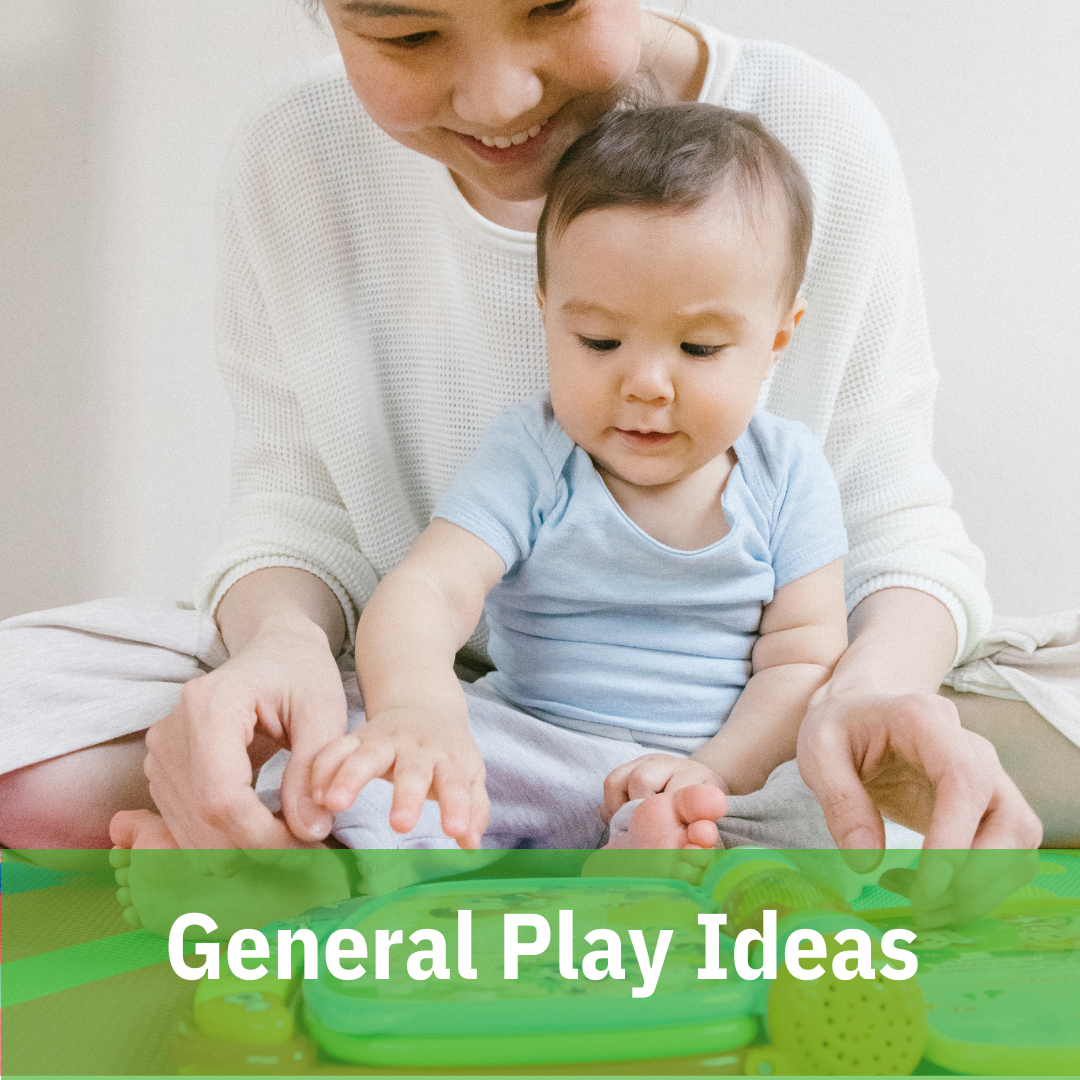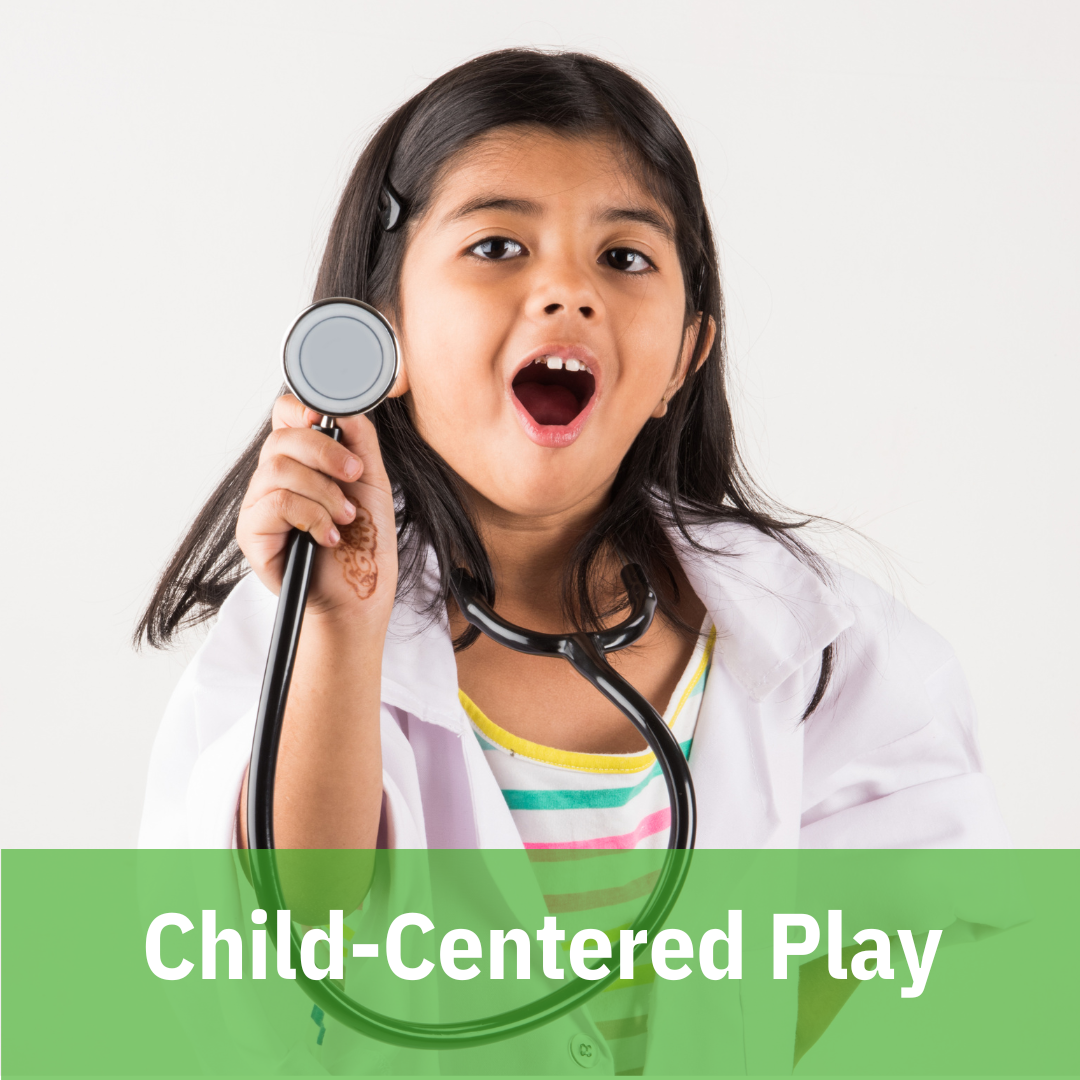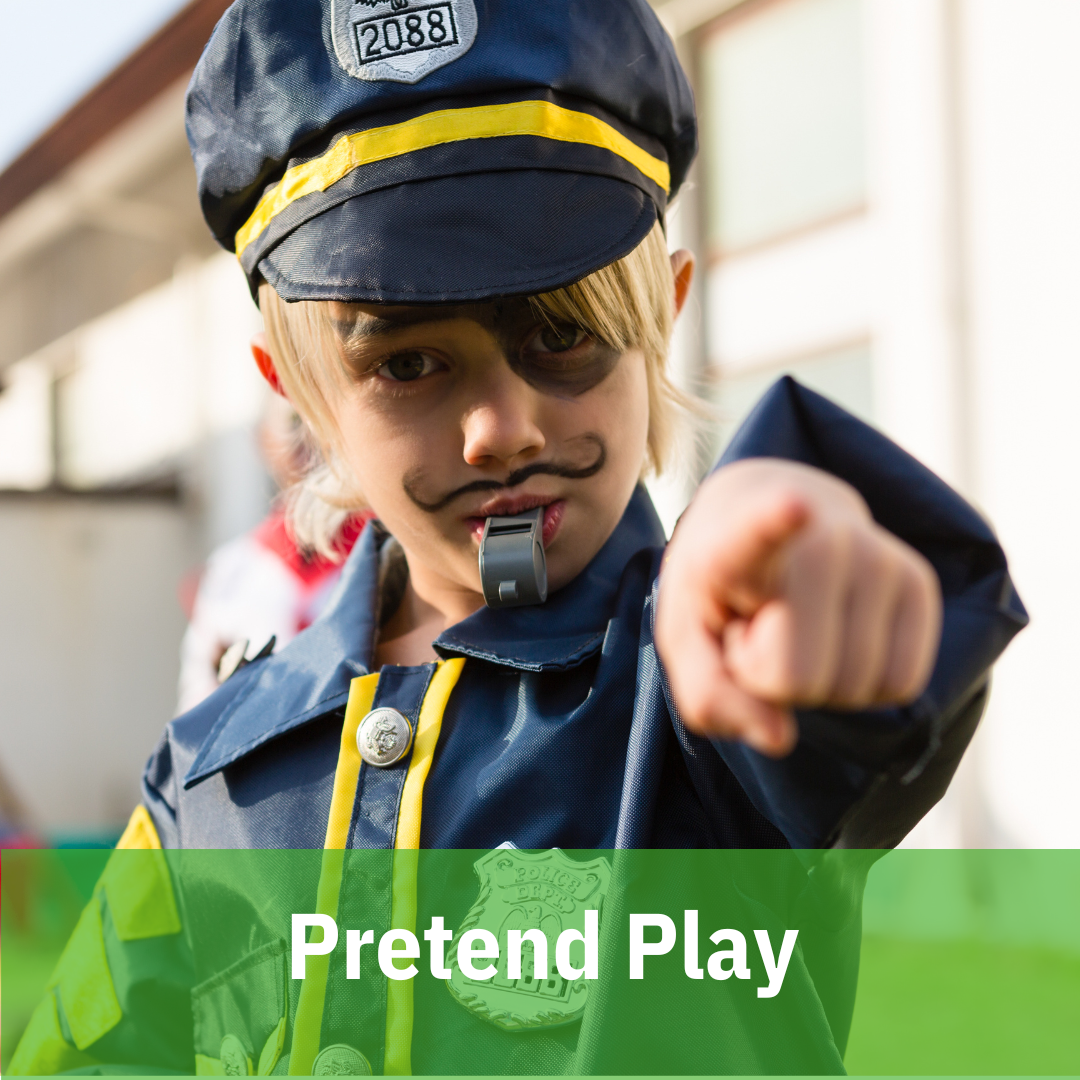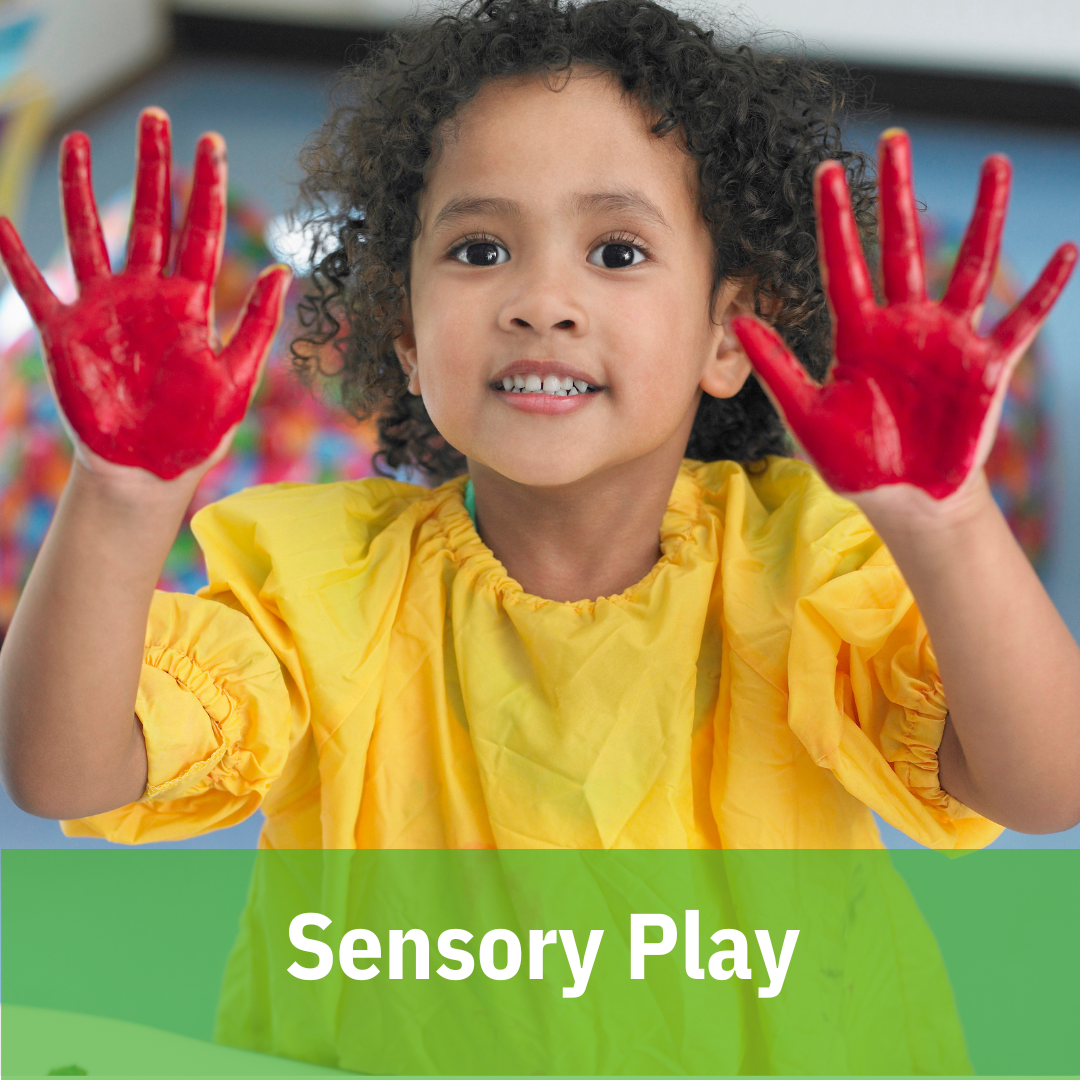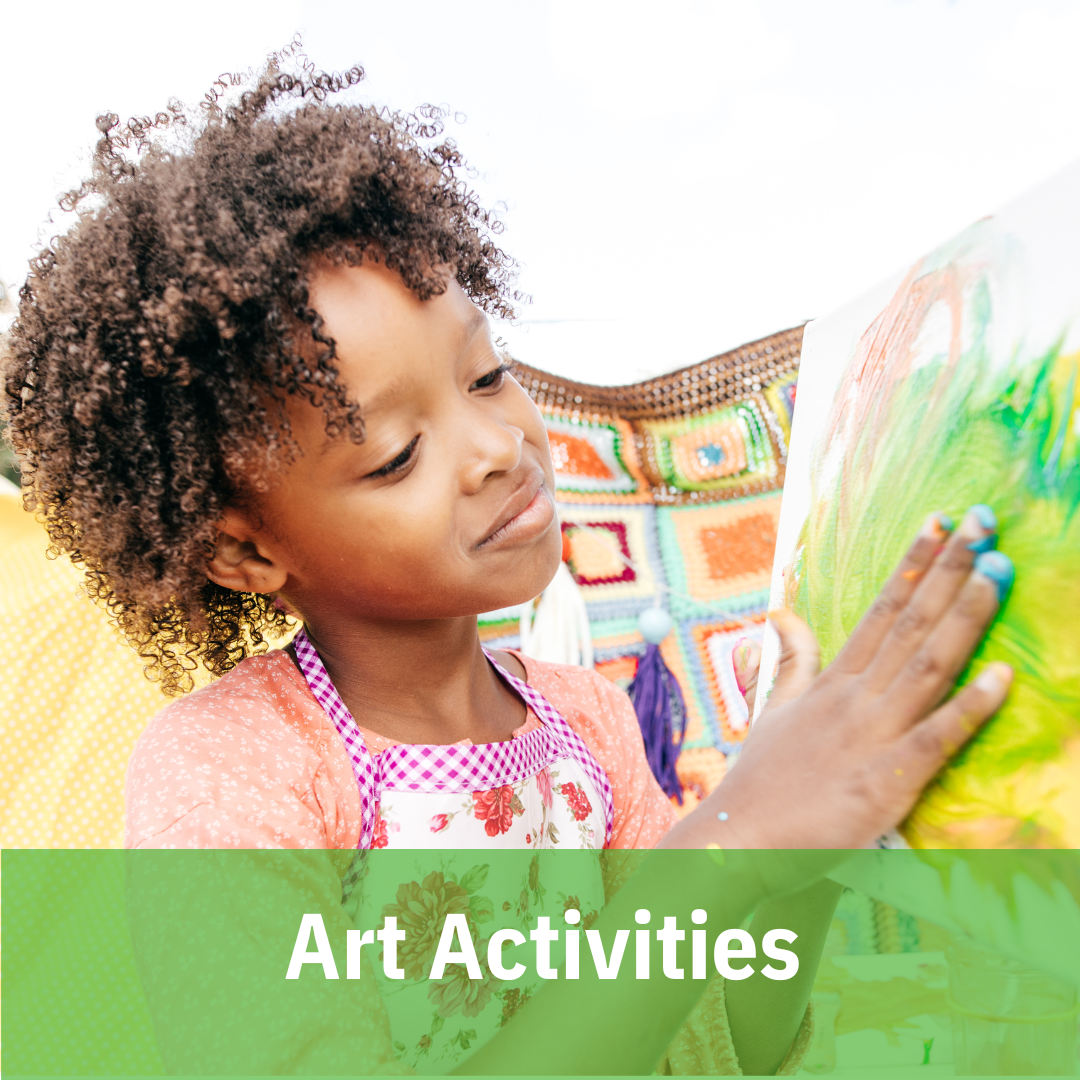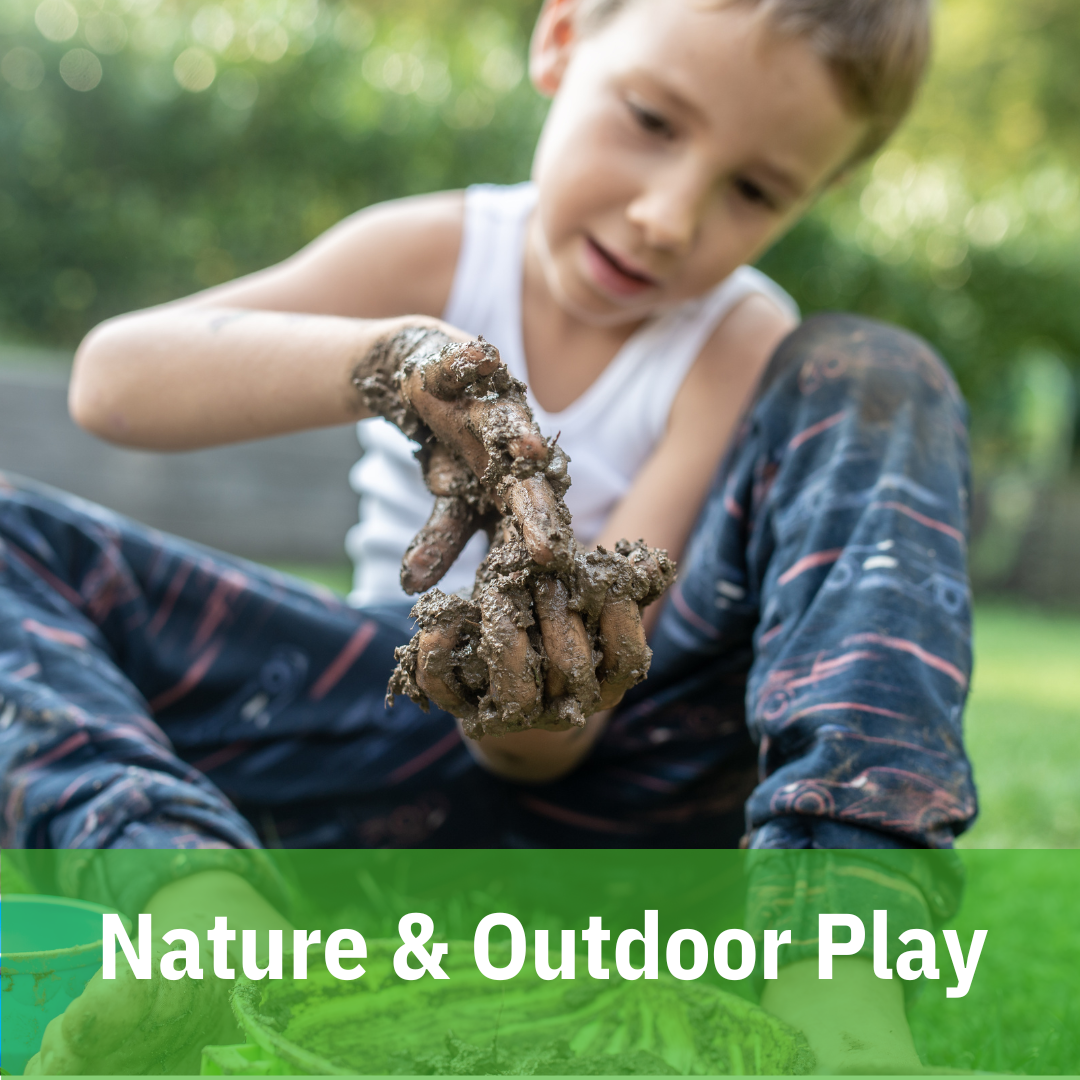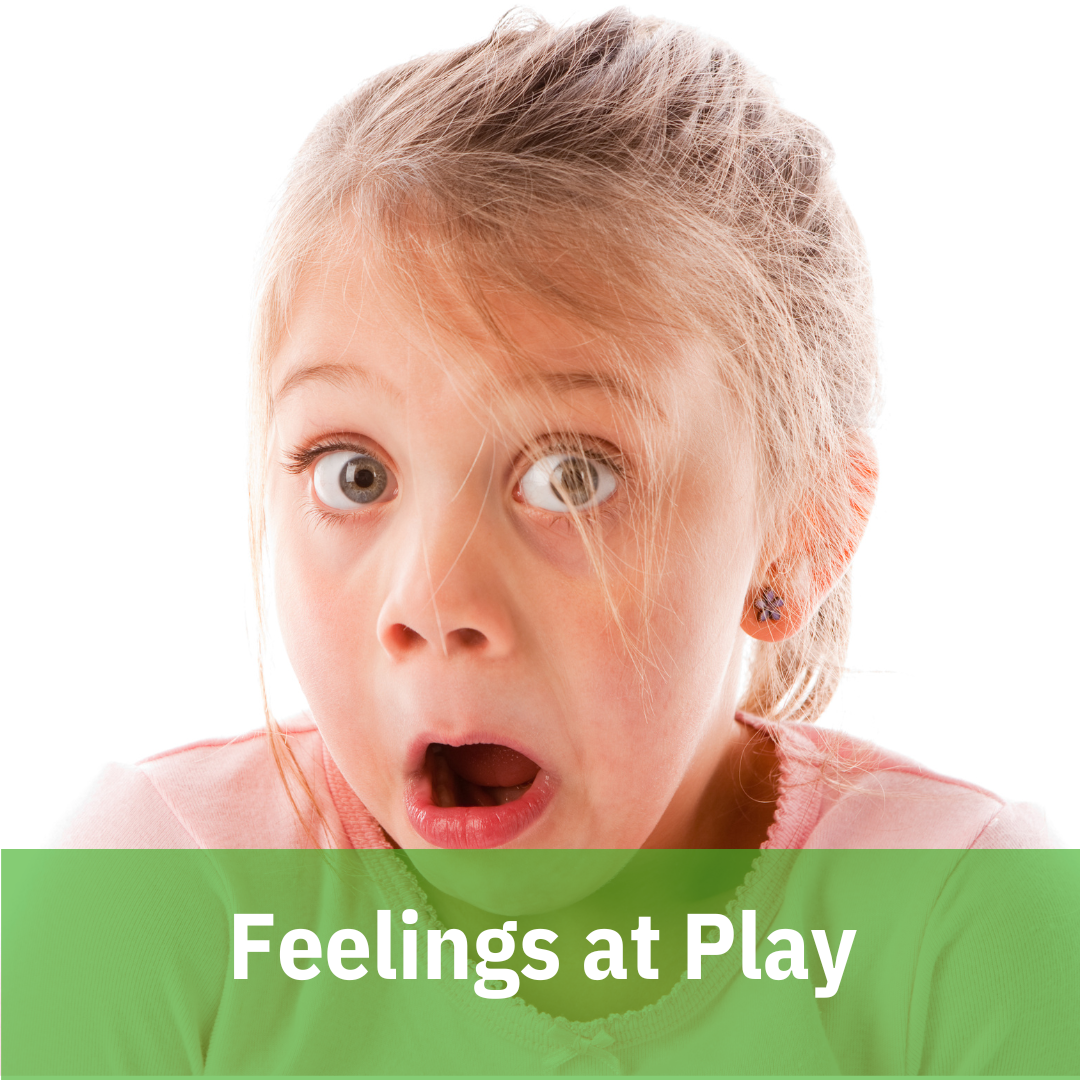 Play is not just a fun pastime for children; it's a fundamental aspect of childhood that shapes development across multiple domains. From fostering social skills to enhancing cognitive abilities, play serves as a cornerstone in nurturing healthy growth and well-being in children of all ages.
Play is not just a fun pastime for children; it's a fundamental aspect of childhood that shapes development across multiple domains. From fostering social skills to enhancing cognitive abilities, play serves as a cornerstone in nurturing healthy growth and well-being in children of all ages.
Play is essential because it contributes to the cognitive, physical, social, and emotional development and well-being of your child. Play also offers a great opportunity for you, as a parent or caregiver, to positively engage and interact with your child. Play is so important that it has been recognized by the United Nations as an inherent human right of every child!
Through play, children learn to interact with the world around them. Play allows children to create and explore a world they can learn to master, sometimes while practicing adult roles, and in turn, developing a greater understanding of the thoughts and feelings of others. At every age, from birth through the teenage years, play teaches children vital life lessons.
We have developed an array of resources to help you engage with your child or teen.
Ways to Play Resources
-
Play and Children's Mental Health
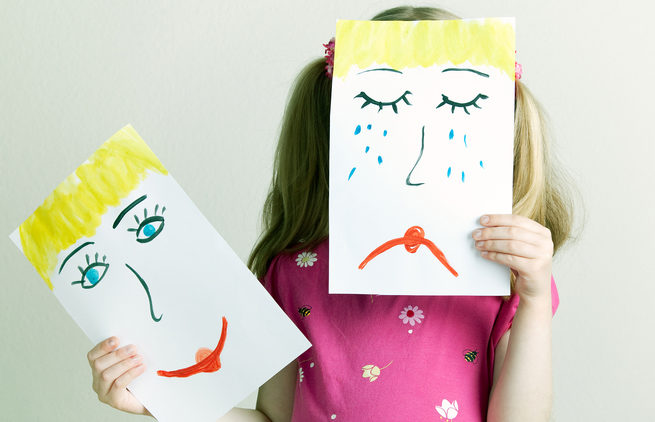 Play is far more than just a fun activity for children; it's a critical part of their development and well-being. At Center for Child Counseling, play is at the foundation of our work with children. Our staff receive in-depth training in Play Therapy and we are credentialed through the Association for Play Therapy, which sets the standards for training and practice.
Play is far more than just a fun activity for children; it's a critical part of their development and well-being. At Center for Child Counseling, play is at the foundation of our work with children. Our staff receive in-depth training in Play Therapy and we are credentialed through the Association for Play Therapy, which sets the standards for training and practice.For children who may not be able verbally express abuse or trauma, toys become their words. Through play, children give us a glimpse into their world, work through problems, develop healthy coping skills, and heal.
From fostering responsive relationships to strengthening core life skills and reducing sources of stress, play offers myriad benefits that are essential for children's thriving.

